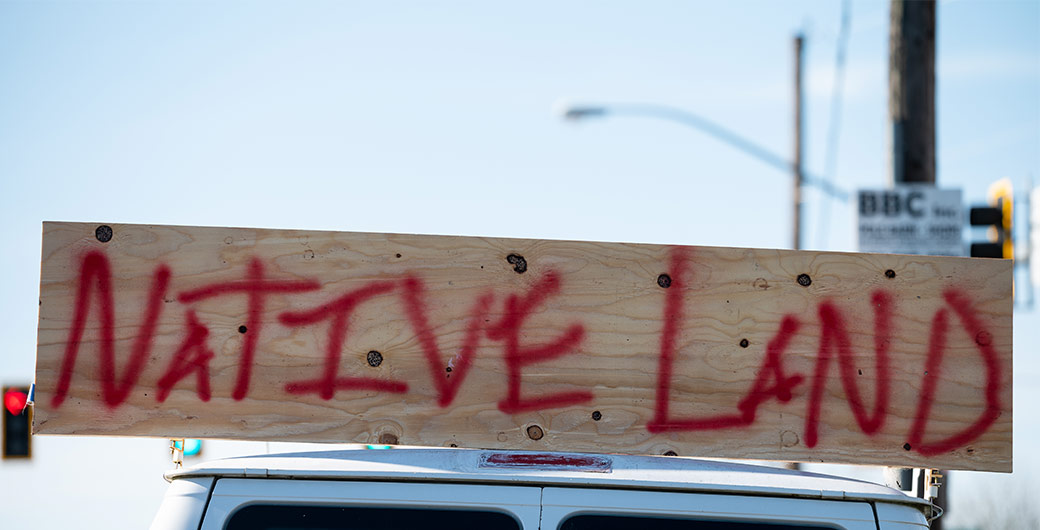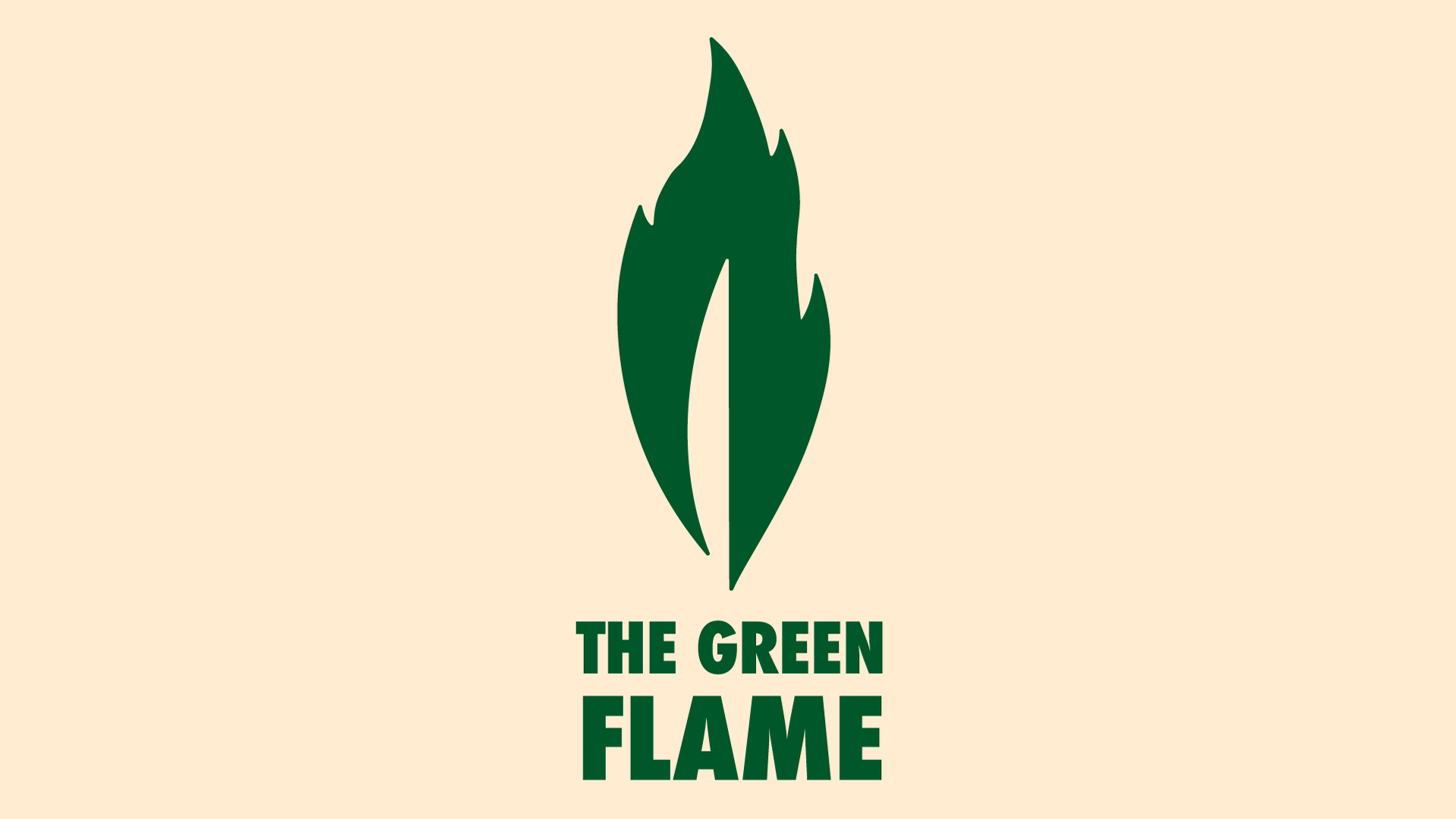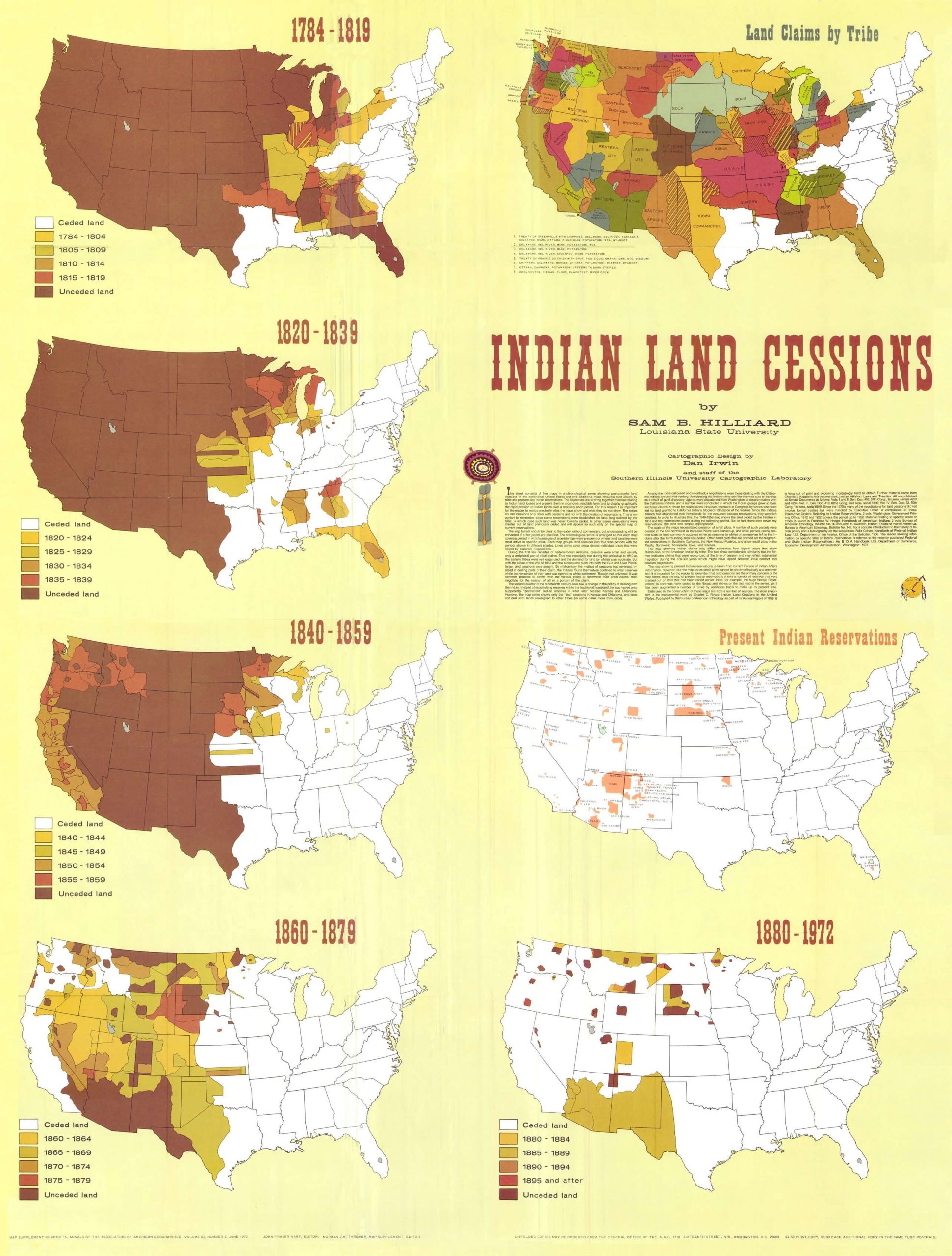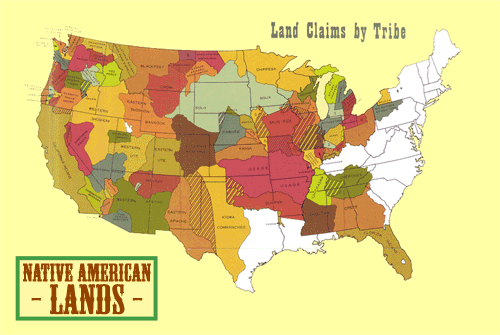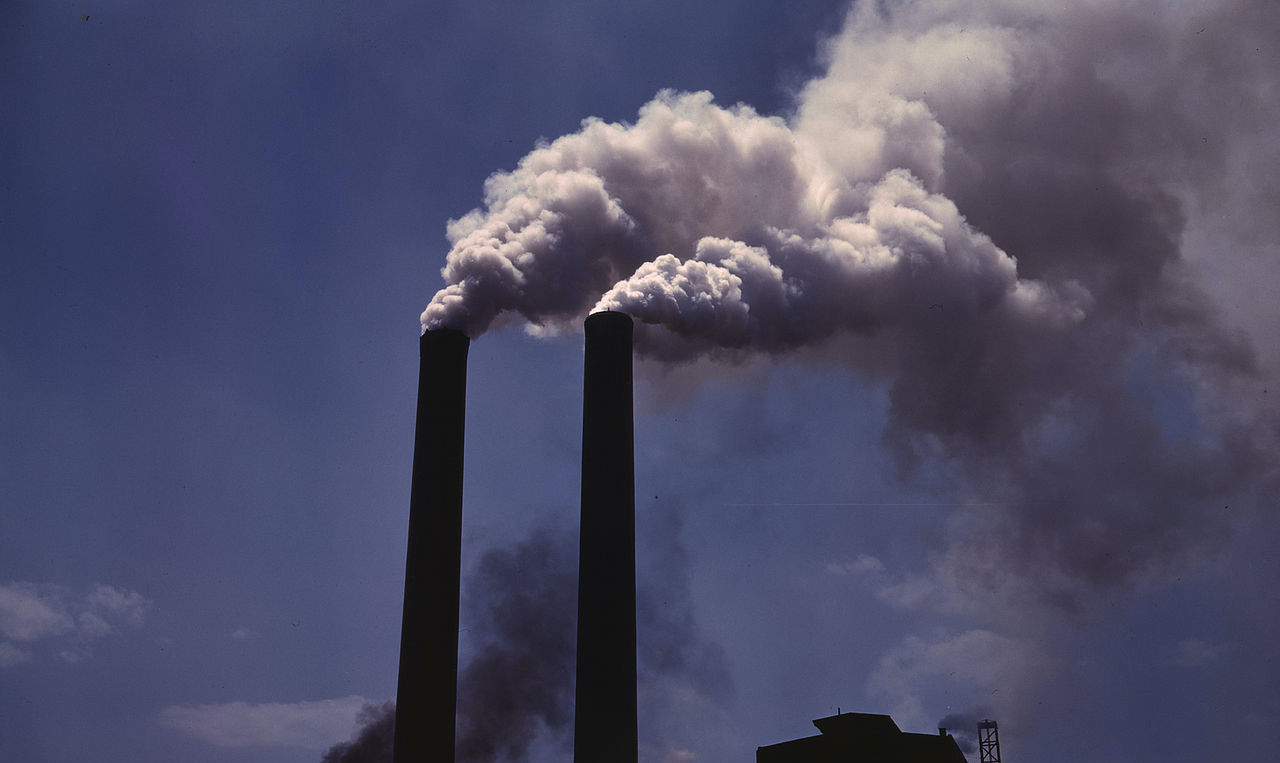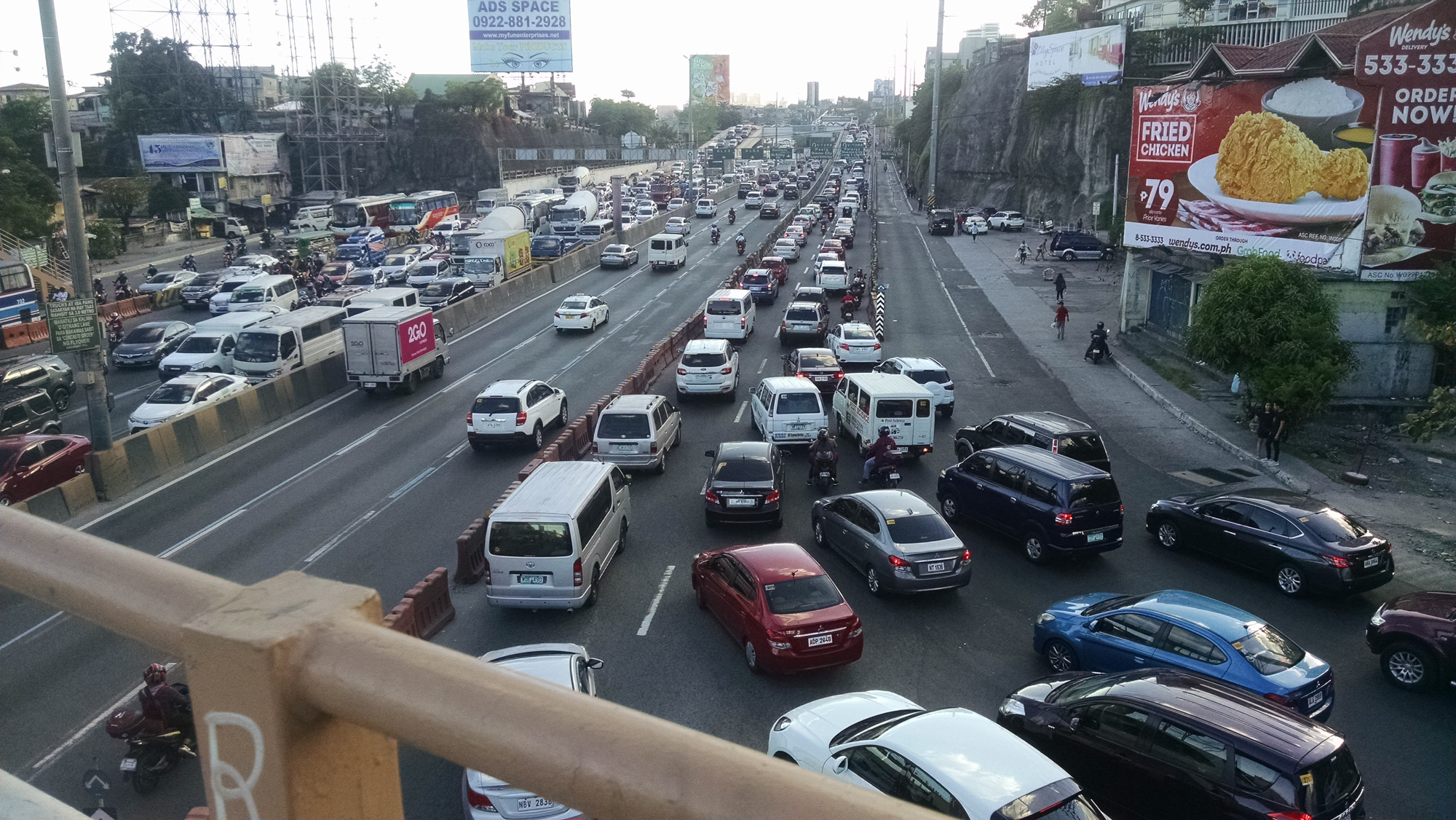
The Poorest Are Being Sacrificed: Coronavirus in the Philippines
The Philippines is poor because of a 500-year legacy of colonization. Today, the Philippines is in a neocolonial situation: it is an economic colony.
Poverty kills millions per year. And now, in the midst of coronavirus, government violence, corruption, incompetence, and indifference to the poor is exposed more starkly than ever.
This piece begins with vignettes from Deep Green Resistance organizers in the Philippines, and concludes with a piece from the Links International Journal of Socialist Renewal detailing the Duterte administration’s response.
- Homeless people are being arrested for not following home quarantine.
- A group of children arrested were arrested for violating curfew and put into a dog cage.
- Meanwhile, Senator Koko Pimentel tested positive, repeatedly broke quarantine and was not arrested.
- Companies are refusing to pay workers, enforcing a “no-work-no-pay” policy.
- Distribution of relief goods has been totally inadequate.
- Food shortages and hoarding are exacerbating.
- Countless workers from rural areas are trapped in the capital with no work, little money, and no way to get home.
- Most informal workers, like drivers, have been out of work since March 14.
- Healthcare workers are beginning to die due to a lack of PPE.
- Politicians, celebrities, and the rich are able to access coronavirus testing even they don’t have any symptoms, while poor people with symptoms receive no tests.
- CoViD-positive patients without serious symptoms are being discharged from hospitals but have nowhere to go.
Philippines: The Duterte regime and the COVID-19 pandemic — the case of a weak but authoritarian state
Originally published at http://links.org.au/philippines-duterte-regime-covid-19-pandemic-weak-authoritarian-state
By Reihana Mohideen and Tony Iltis
Update: On March 23, Duterte put to Congress the erroneously titled “Bayanihan Act of 2020”. The word ‘bayanihan’ means community assistance or ‘communitarian’ and the spirit of ‘bayanihan’ means assistance given voluntarily and without any monetary consideration by a member of the community. The title itself is fake, a lie. Nowhere in the bill does the spirit of ‘bayanihan’ prevail. The doctors, nurses, health workers, grocery employees, transport workers and all the frontliners who are heading the fight against COVID19 are not empowered in this bill — instead it extends more power to Duterte, the bureaucracy and his minions. This bill is sinister in many ways, as it aims to give wide powers to a president who’s proven to being incompetent in dealing with the pandemic.
March 23, 2020 — Links International Journal of Socialist Renewal — In the Philippines we have a combination of the worst features of the state under the current conditions of global capitalism. The capacity of the Philippine state to provide even the modicum of public services, systems and related infrastructure, such as health, water, power, housing, public transport, public education, etc., has been gutted after decades of structural adjustment programs, debt and the dictates of neoliberal economic policies imposed by international financial institutions such as the IMF, World Bank, ADB, bilateral and multilateral agreements with imperialist countries, enthusiastically embraced by the country’s technocrats and successive elite governments. This ailing public sector, co-exists with ‘the strong arm’ of a state that has maintained and even increased its capacity to mobilise the military and the police to impose a range of authoritarian measures, from a war against the urban poor resulting in the death of tens of thousands, mainly youth, in the guise of a campaign against drugs, to martial law in the Southern island of Mindanao. Today, this dual character of both a weak and strong armed state, is starkly demonstrated in the Duterte regime’s response to the COVID-19 pandemic.
As of March 22, the Department of Health reports 380 cases of COVID-19, with 17 recoveries and 25 deaths – a high mortality rate of approximately 7%. With no mass testing undertaken these figures are unreliable. Meanwhile health services are starting to flounder and health workers are falling ill though the anticipated exponential rise of the disease is still ahead of us.
Eleven hospitals and medical centres have issued an “urgent appeal” that an “alarming number” of their personnel were under the 14-day mandatory quarantine for individuals exposed to COVID-19 patients, as persons under investigation “continue to flock” to their emergency rooms every day. These hospitals and medical centres report that most of their “regular rooms have been turned into COVID-19 isolation areas,” leaving less healthcare resources for non- coronavirus patients who also have life-threatening conditions.
“The panic is escalating, mortality is increasing, our supplies of personal protective equipment are running short, our frontline staff are increasingly getting depleted as more of them are quarantined or physically and emotionally exhausted, and a number of our medical colleagues are already hooked to respirators fighting for their lives in various ICUs [intensive care units] … Even our ICUs are getting full. Soon we will have a shortage of respirators. We have every reason to be scared; we are, indeed very scared because we feel that we are on our own to face our countrymen in dire need of help.”
Despite the number of DOH-confirmed cases that is comparably lower to infections in other countries, the appeal points out that they are dealing with COVID-19 patients with “increasing mortality“, which in turn exposes their attending medical staff to more danger than usual. The country has no comprehensive universal health care program and one of the most expensive health services in the region.
Instead of addressing the weakness in the health system and infrastructure as its main priority, the Duterte regime’s strategy has been to declare a lockdown of the entire capital region around Metro Manila – the National Capital Region – from March 15 to April 14, which it describes as “imposing stringent social distancing measures”, with land, domestic air and sea travel to and from Metro Manila suspended, mass gatherings prohibited, community quarantine imposed, government work suspended (except for a skeletal workforce) and the suspension of classes. The announcement was made by President Duterte at a press conference ringed with the chiefs of the PNP and AFP, and police and troops immediately deployed at checkpoints to prevent people from travelling in and out of the NCR. No attempt was made during subsequent press conferences given by the President to explain the public health measures to be undertaken, such as testing programs, for which there is now a rising clamour. This was followed by an announcement on March 17 of the entire island of Luzon placed on lockdown described by government officials as an “enhanced community quarantine,” which limits the movement of people going in and out of the island region, home to at least 57 million.
We are currently under “enhanced community quarantine,” which is strict home quarantine for all households, with transportation suspended, provision for food and “essential health services” regulated, and with a heightened presence of uniformed personnel to enforce quarantine measures. This has been enforced with Barangay checkpoints (local checkpoints within Local Government Units), for which a pass is needed to pass through, with very limited movement which includes only the driver of the vehicle on the main highways such as Edsa or the driver and one assistant. These checkpoints, visible outside my bedroom window, now cordon off and isolate barangays around Metro Manila. Except for groceries and drug stores, all shops have been closed. Some barangays have even imposed 24-hour curfews.
Duterte has repeatedly announced that anyone violating this state of enhanced community quarantine will be arrested, including for “resistance and disobedience to persons in authority” under the provisions of the penal code. Students, workers and people simply trying to shop for food are now being arrested.
Unlike in South Korea where the military and police carried out temperature checks, testing, clean up and disinfecting, the armed personnel at the checkpoints here are doing none of this. In the first few days they weren’t even provided with basic safety equipment, such as masks and hand sanitizer.
The most immediate impact has been on workers and the army of the unemployed who make their livelihoods in the ‘informal sector’, who have been prevented from making a living. On the first day of the lockdown this led to tense scenes at the checkpoints ringing the borders of the NCR, with commuters venting both their anger and despair at the checkpoints. The impact on the livelihoods and lives of working people and the poor has been immediate and devastating. Our organisers are unable to provide assistance to the communities that they work in, such as providing food, masks, etc., in meaningful numbers, at most being only able to assist a couple of hundred households at any one time.
Meanwhile, the Department of Labor and Employment (DOLE) has announced a one-time financial assistance of P5,000 for every worker who could not work during the one-month lockdown. This is already a very measly amount (USD 3 per day for 30 days), and yet the assistance can only be procured if the employer sends the required documents to the DOLE. Workers are not allowed to do it themselves. Many are also complaining that their employers do not want to avail of this, as they still want workers to report to work during the lockdown. And for those who are locked down outside Metro Manila, they could not even petition their employer to follow up the assistance. Contractual workers are practically blocked from availing of the assistance as their ‘employer’ is a third party agent which may not even be registered in the corporation list of the Securities and Exchange Commission. Workers in the informal sector receive no assistance, and the government merely advise them to contact the local government units for work related to anti-COVID19 campaign in the communities.
The Department of Social Welfare and Development has temporarily suspended its poverty alleviation cash grants for the social pension and unconditional cash transfer (Pantawid Pamilyang Pilipino Program or 4Ps) as well as the distribution of 4Ps cash cards to the country’s poorest families to supposedly “minimize the exposure of the beneficiaries and DSWD employees to the threats of COVID-19”.
The situation in the Philippines stands in stark contrast to other countries in the region, such as Vietnam and South Korea, which are being looked upon as examples of how to deal with the pandemic. Vietnam, bordering China, with a population of around 97 million, has managed to contain the spread of the disease, successfully keeping the number of cases at 76 (as of March 19), with no deaths, over two months after the first cases were reported. A key part of the containment strategy was to develop a fast and affordable test kit in one month, which according to the WHO should have taken four years to develop. The test, developed by a group of Vietnamese researchers from the Institute of Biotechnology under the Vietnam Academy of Science and Technology, costs about $15, and is capable of returning results within 80 minutes, with a specificity of 100% and sensitivity of five copies per reaction.
South Korea, with a population of around 51 million, as of March 19, has conducted more than 307,000 tests, the highest per capita in the world, with 633 testing sites nationwide. Results are swift, too, coming by text within 24 hours. Korean healthcare, a highly regulated, efficient single payer system, is also prepared to face epidemics. Broad government powers acquired during the MERS crisis has given South Korea one of the most ambitious tracking apparatuses in Asia. Health authorities can sift through credit-card records, CCTV footage, mobile-phone location services, public-transport cards and immigration records to pin down the travel histories of those infected or at risk. Admittedly, a double-edged sword, this tracking system proved to be effective in curbing the recent COVID19 crisis in the country.
Philippines, with a population of 109 million, has only six testing sites across the entire country — three hospitals in the NCR, and one each in Baguio, Cebu and Davao. There’s now a rising clamour for mass testing. A petition by Scientists Unite Against COVID-19, an alliance of more than 1,000 biologists, health experts, and other individuals, as well as 336 organizations, has called for widespread testing to be conducted, as mitigation strategies such as social distancing and community quarantine are not enough and for expanded, decentralized, testing facilities across the country.
According to March 10 media reports, only 2000 kits were available. Duterte’s family members and other Duterte cronies have been given preferential treatment, even though they don’t meet the Department of Health criteria that only the elderly, those with underlying conditions and those whose ailments have progressed to severe or critical would be tested for the virus. People have commented angrily on social media, with some labelling it a “test kits crisis”, describing the preferential treatment given to the President’s family and cronies as “shameless, obscene and disgusting”. On March 21 media reports said that 100,000 new test kits have arrived, donations from China, South Korea and Brunei, but this will only be for testing of severe or vulnerable persons under investigation and not for mass testing.
A test kit was quickly developed by scientists from the University of the Philippines and is capable of fast detection of the novel coronavirus, but it will only be available for use only after two to three weeks, the time it will take the Department of Health to validate the tests.
Some local government units (LGUs) are taking the initiative. The Pasig City Mayor ordered thelimited mobilization of tricycles in the city to bring health workers and patients with immediate medical needs to hospitals. His appeal to the national government to allow the use of tricycles for public health and safety, since a maximum of only two passengers are allowed in the vehicle, was rejected. All Pasig City Hall employees will be paid full salaries with hazard pay and overtime for those employees in the frontlines. The City of Marikina is another LGU taking positive steps, with the initiative to set up local testing units using the University of the Philippines test kits. The regime has responded by threatening mayors with criminal charges, saying they would “closely monitor the compliance of LGUs in the directives of the Office and to file the necessary cases against the wayward officials.”
Duterte has announced a ₱25.1 billion ‘war chest’ to fight COVID-19, but only ₱3.1 billion has been allocated to actually combat COVID-19, including the purchase of test kits and drugs, while the ₱14 billion boost to the tourism budget will, we suspect, be used to “bail out” the anticipated losses of airlines, hotels, casinos, resorts, and tourism-related capitalists. Only ₱2 billion has been allocated to compensate workers affected by the crisis.
The left and progressive movement here has been campaigning against Duterte’s military response to a public health crisis and has been put forward a platform of demands that include: Mass testing for all citizens; Free hospitalization of victims, persons under investigation (PUI), and person under monitoring (PUM) for COVID-19; Mass disinfection in all communities; Food and water rationing for workers and the poor; Distribution of face masks, hygiene kits, vitamins, and contraception; Assistance to farmers, drivers, and other affected workers; Release of 4Ps for beneficiaries; Paid emergency leave to uninsured workers; Refund tuition to students due to class suspension; Price control of commodities; Electricity, water, and communications to be provided 24/7; Allowing vehicles and tricycles to provide transport to medical workers and people with medical needs; Suspension of rent, water, electricity, communications, and other fees; Disarming the large numbers of military and police forces deployed so as not to cause terror to the people; and a debt moratorium.
Internationally, authoritarian trends are also being inflamed, corporate profits prioritised and public health measures relegated to an afterthought at best. According to March 21 media reports, the US Justice Department has asked Congress for the ability to ask chief judges to detain people indefinitely without trial during emergencies — part of a push for new powers that comes as the coronavirus spreads through the United States. The move has tapped into a broader fear among civil liberties advocates and Donald Trump’s critics — that the president will use a moment of crisis to push for controversial policy changes. And even without policy changes, Trump has vast emergency powers that he could legally deploy right now to try and slow the coronavirus outbreak. British government statements on ‘herd-immunity’ have more than a hint of eugenics.
As of March 23, 2020, the COVID-19 pandemic has killed 14,655 people worldwide. More than 77% of these deaths are outside China, where it started. In less than three months it has gone from being an outbreak in Hubei Province, to a global medical, economic and social crisis. Data from China suggests many countries are at the beginning of an exponential rise in infections. Comparisons of death tolls and number of cases in different countries show large differences in the death rate between countries. These do not follow a simple, linear pattern of rich countries fairing better than poor countries, although this is one trend (Italy’s GDP per capita is more than three times that of China’s and South Korea’s GDP per capita is slightly lower than that of Italy, for example). They reflect differences between countries in wealth, priority given to healthcare, willingness and ability of governments and states to take control of the economy, social solidarity and trust between society and authorities responsible for the response to the pandemic. Overall, capitalist society is proving unable to respond rationally to the pandemic, which will massively increase the death toll and the social and economic impacts.
The COVID-19 crisis needs to be considered as part of the environmental crisis created by capitalism that is threatening humanity with extinction. Scientists for some time have been warning of increasing frequency and severity of epidemics caused by novel pathogens, with recent pandemics including SARS, MERS and Swine Flu providing warning. Climate change itself increases the spread of pandemics. Moreover, the causes of pandemics such as COVID-19 include many factors also fuelling climate change as well reflecting the more general breakdown in the world’s ecosystems, and their ability to sustain life, as a result of the capitalist mode of production. Factors include industrialised agriculture, wilderness and ecosystem destruction, concentration and movement of people, and pollution. Unless the global environmental crisis is addressed, there will be an in increase in the frequency and severity of novel pandemics. In this regard pandemics are no different to the typhoons, fires, droughts, etc, whose increased frequency and severity is associated with the looming Anthropocene apocalypse.
Imperialism has exacerbated the crisis in many ways. Decades of structural adjustment and imposed debt have left the countries of the Global South without the health and social welfare infrastructure needed for normal times, let alone during a lethal pandemic. The international division of labour that creates unprecedented wealth for the Western capitalist ruling class involves massive labour migration of workers with little or no access to healthcare, while absurd degrees of international travel — for “business” and leisure — are part of elite lifestyles. Imperialist war further degrades the ability of societies to provide healthcare, while horrifically increasing the need for it. War also creates massive population displacement. War, poverty and racist immigration policies have created a large population of highly mobile, undocumented people with no access to healthcare and well beyond the reach of any screening or tracking. The European and US capitalist economies are dependent on the labour of undocumented refugees and migrants.
The use of crippling economic blockades by the Western imperialists, the US in particular, further exacerbates the crisis. Before the COVID-19 pandemic appeared, Venezuela and Iran were both already struggling with severe shortages of medicine and medical equipment due to US sanctions. In Iran this has meant the impact of the pandemic has been particularly devastating. The chaos created by major imperialist wars on Iran’s eastern and western borders means that this devastation is rapidly spreading to neighbouring countries. The six decade-long blockade of Cuba is threatening a particularly perverse impact on the global COVID-19 pandemic. Confirming that the blockade is a response to the positive example set by Cuba’s socialist revolution, the impoverished, blockaded island has prioritised healthcare to such an extent that the US elite cannot hide from its own population the fact that Cubans have significantly better healthcare than working class Americans! Moreover, Cuba has pioneered “medical solidarity” with more doctors and health workers serving poor communities throughout the world than the World Health Organisation. The BBC reported on March 22, that the pandemic-traumatised population of Italy (a rich imperialist country) were enthusiastically welcoming the arrival of Cuban medical personnel while European Union officials fretted over the “bad optics” of Italians seeing aid arrive from Cuba, China and Russian, but not the EU. The Western countries could provide finance and technology to enable Cuba to increase its worldwide medical solidarity. Instead the US is working on tightening anti-Cuban sanctions to prevent countries from receiving Cuban medical aid.
The COVID-19 pandemic has illuminated many normally invisible social and economic relationships of capitalist society and has exposed much of its exploitative and irrational nature. Paradoxically — because people are its agent of transmission — the pandemic is both anti-social and social. It is anti-social because the fear of contagion from other people can exacerbate the social divisions, individualism and alienation inherent in capitalist society (and ruling class entities are enthusiastically using the pandemic to fuel these, for example US leaders calling it “the Chinese Virus”). But it is social because combating the virus is dependent on recognising that the overall health outcomes for everyone (included society’s most privileged) is dependent on the outcomes of the whole of society, including the most exploited and marginalised. This is true for both within and between nations.
Marxist geographer David Harvey wrote on March 20: “The economic and social impacts are filtered through “customary” discriminations that are everywhere in evidence … the workforce that is expected to take care of the mounting numbers of the sick is typically highly gendered, racialized and ethnicized in most parts of the world. It mirrors the class-based work forces to be found in, for example, airports and other logistical sectors. This ‘new working class’ is in the forefront and bears the brunt of either being the workforce most at risk from contracting the virus through their jobs or of being laid off with no resources because of the economic retrenchment enforced by the virus. There is, for example, the question of who can work at home and who cannot. This sharpens the societal divide as does the question of who can afford to isolate or quarantine themselves (with or without pay) in the event of contact or infection.”
COVID-19 has also illustrated that the ineffectiveness of military/police/border security responses in protecting the elites from some aspects of ecological collapse (including pandemics) does not stop these being the default responses. The neoliberal capitalist state is unable to deal with crises even when it would benefit capitalist society to do so. Social solidarity is a necessity for surviving catastrophe but in capitalist society social solidarity is a challenge to the existing order. The responses of Vietnam and Cuba reflect the merits of socialism both in terms of rational organisation of society (and use of infrastructure and resources) and in terms of social cohesion.
The inability of capitalism to respond to this pandemic that threatens the whole of global capitalist society — including its elites — is reflective of capitalism’s genocidal and suicidal response to broader environmental apocalypse. The demands that the movement has campaigned for now re-emerge with a deadly relevance and urgency. Let’s put them up again, adapted to the current context. All of the above demands show the necessity of our campaigns and of socialism.
How a culture behaves during a time of crisis is directly related to how it used to behave before the crisis. The capitalist authoritarion nature of the Duterte regime seen now is no more than an extension of the capitalist authoritarion nature of the Duterte regime before the pandemic hit. In the book “Deep Green Resistance“, Aric McBay uses a few potential scenarios to describe how the conditions during a collapse will differ based on what the conditions were before the collapse.

